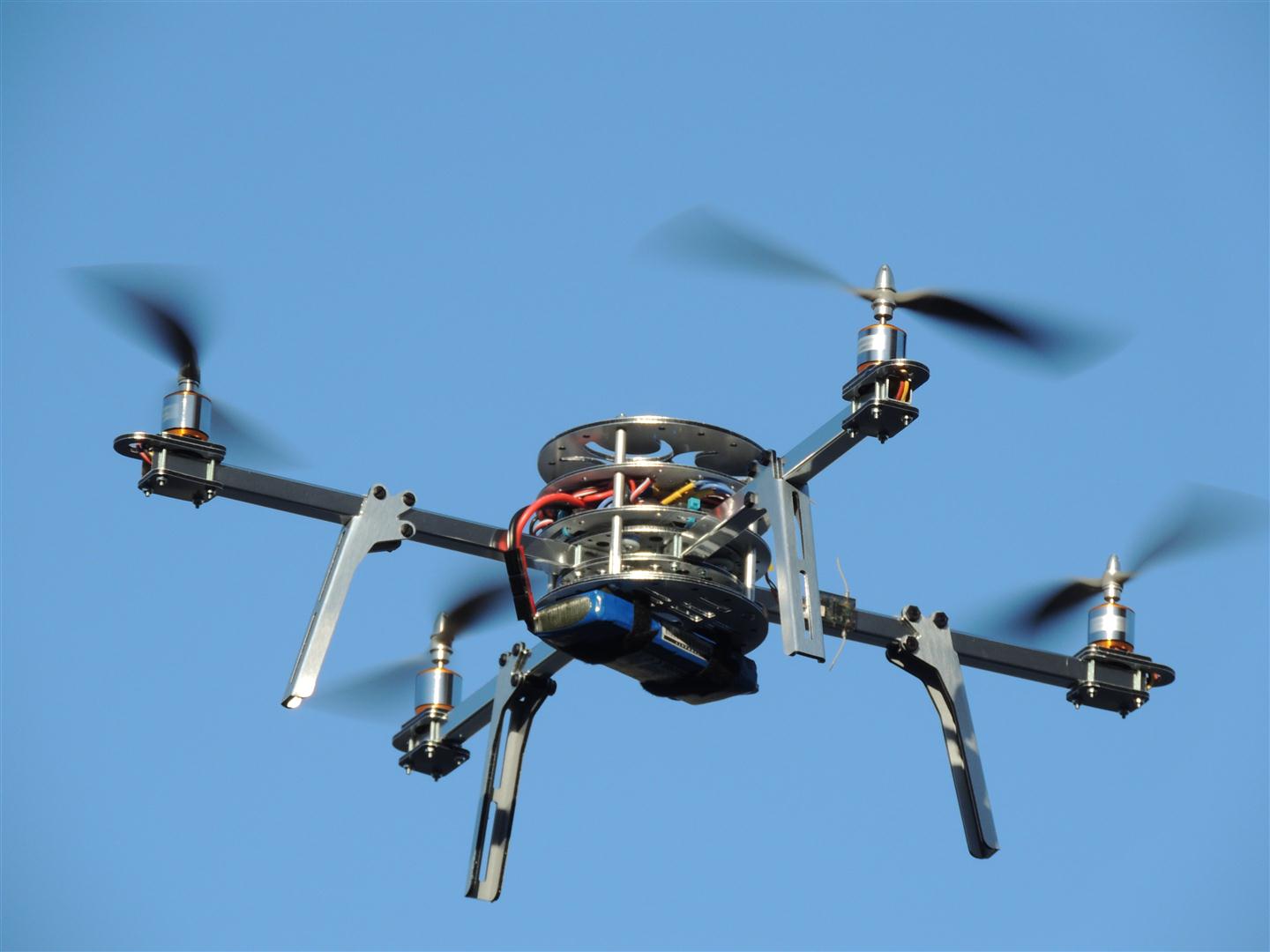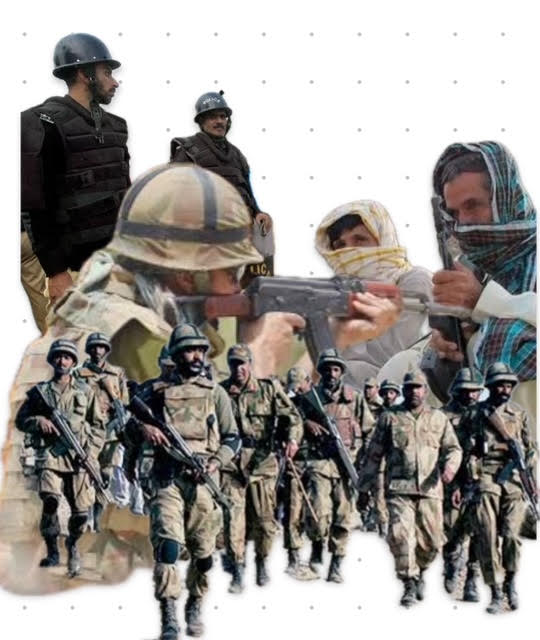

Khurram Aslam Khan
In modern times intelligence services were established keeping in view the objective of safeguarding constitutional order from prying eyes of foreign powers and disgruntled elements from within.
Role of the intelligence agencies is to identify potential security threats and prevent them from evolving into a reality. Intelligence agencies can be categorised broadly into two streams – domestic and external.
Some countries have given law enforcement functions to the domestic intelligence agency like that of the Federal Bureau of Investigation of the USA. Founded in 1908, the FBI has performed dual roles of domestic intelligence and law enforcement. During the 1930s to 1960s its primary target was cases of espionage and foreign subversion.
In contrast the British domestic intelligence agency – Secret Service (famously known by MI5) that existed in deniability till the 1990s – has no law enforcement functions and is placed under the Home Department. In counter terrorism efforts it relied on the police and military for executive action against the IRA during the cold war.
These two models, generally, have been adapted by other countries. Nations that gained independence from the British inherited the model from their colonial masters with some modifications.
The incidents of 9/11 necessitated major organisational and functional changes in the intelligence community of the USA. 9/11 Commission recommended to shift the priorities of the FBI from traditional criminal cases to international terrorism and gathering of intelligence by “expanding and improving its intelligence capabilities”. The commission did not agree with creating a new domestic intelligence agency. The FBI transformed its “priority from prosecution to pre-emption”.
Prior to 9/11 the intelligence community jealously guarded its knowledge on “need to know basis” and performed intelligence work in silos. The 9/11 Commission pinned lack of coordination and sharing of information amongst different organs of the government as the major cause of failure to avert the terrorist strike. It recommended a robust integrated system of information sharing amongst all stakeholders.
The UK adopted a strategy of pooling resources of policing, intelligence agencies and other relevant departments by creating Counter Terrorism Operational Centre (CTOC) to overcome compartmentalisation of Police and intelligence apparatus with Joint Terrorism Analysis Centre (JTAC) provide strategic guidance. At a tactical level, the Secret Service (SS) takes the lead in analysing leads and processing them into investigations by appropriating available resources. The CTOCs bring “together the right teams, data and technology to more efficiently and effectively identify, investigate”. Executive action is taken by the Police in the lead against the terrorists leading to their arrest.
While military operation Zarb e Azb successfully cleared the erstwhile FATA from terrorists the joint efforts of intelligence agencies and CTDs succeeded in neutralising hardcore terrorists and their facilitators across the country. Capacity building of the intelligence agencies; use of technology and robust coordination with CTDs and security forces pre-empted plans of terrorist; and unraveled hitherto unresolved cases of terrorism and brought the perpetrators to face the law.
The success of counter terrorism efforts during 2015-207 would not have been possible in the absence of enhanced active collaboration between LEAs and the intelligence agencies. Its success could be gauged from the fact that civilian fatalities that were 3,363 in 2013 were reduced to 506 in 2018. Similarly, the decline in number of fatalities of government and security officials that was 630 in 2013 came down to 198 in 2018. Similarly, the fatalities from sectarian terrorism came down from 708 in 2013 to 91 in 2018.
In 2017, the Pakistan military launched another operation Radd-ul-Fassad to eliminate the “residual/latent threat of terrorism”. The operation brought calm and peace in the troubled areas of KPK (TDs) and Balochistan. Meanwhile, the CTD-intelligence agencies collaboration mopped the remaining facilitators and sympathisers of the terrorists from the hinterland and urban areas.
There was a spike in terrorism targeting certain political parties and groups before the 2018 general elections in which the Balochistan National Party (BNP) faced the brunt with total fatalities of 149 out of 202, followed by Awami National Party (ANP) with 24 fatalities.
Ever since the Taliban took control of Afghanistan, Pakistan has grappled with an uptick in violence carried out by TTP. Terrorism is on the rise in KPK and Pashtoon areas in Northern Balochistan by TTP and affiliates; and by Baloch sub-nationalists in Baloch dominated areas in Balochistan. The twin threat is getting alarming by the day and needs urgent action by the state. The wave of target killings of former Jehadi elements in the urban centres like Karachi and Sialkot point out to penetration of the enemy into our urban areas.
Counter Terrorism Mechanism – II
Terrorist threat is staring at Pakistan again. The policy makers will have to factor in the presence of a tolerant regime in Afghanistan to terrorists. Caretaker Prime Minister of Pakistan dubbed Interim Afghan Government of Taliban as an “enabler” of terror. Frequency of terrorist attacks and their lethality demands that a concerted effort is required by streamlining different tiers of counter terrorism agencies in a seamless unit.
Effective counter terrorism programmes along with strategic decisions to overhaul the working of LEAs and intelligence agencies and their interplay helped many countries in pre-empting plans of terrorists and minimise their ability to carry out devastating attacks.
Mechanism of counter terrorism in Pakistan is still based largely on informal structures. There is lack of clarity as to which agency is responsible for countering terrorism. Multiple actors are involved in CT operations without formalising inter agency coordination and collaboration. Maxim that too many cooks spoils the broth fits adequately. In the absence of clear cut responsibilities and manner of interaction amongst different players, the counter terrorism strategy is limping on ad hocism notwithstanding success that it has achieved, so far.
A sound counter terrorism strategy needs to be built on time tested fundamentals that have been tried successfully by countries round the globe. Indeed coordination between LEAs and intelligence agencies is of paramount importance. To achieve that goal duties and responsibilities of both should be without any ambiguity. Opacity of domain and extent, results in no responsibility where multiple informal authorities exists.
Given the fact that intelligence agencies in Pakistan are established through executive orders and do not operate under any law. Therefore, granting law enforcement to them would not be possible unless they are brought under the ambit of law. Consequently the US model of domestic intelligence agency having dual role of law enforcement is not an option at least for the time being.
There is no broader classification of domestic and external intelligence agency. This has created overlapping of functions resulting in duplication of efforts and wastage of resources. Designated domestic intelligence agency tasked with counter terrorism would provide direction and unified action with LEAs.
Collaboration between LEAs and the intelligence agencies should be made formal and structured instead of existing informal arrangements. Given the provincial nature of policing in Pakistan, emulation of Indian example of National Investigation Agency may not be feasible unless the provinces under Article 147 of the Constitution of Islamic Republic of Pakistan, 1973 entrust counter terrorism matters, “either conditionally or unconditionally, to the Federal Government, or to its officers, functions” by merging all existing CTDs into a federal entity that may be called Federal Counter Terrorism Agency (FCTA). It would be cost effective and resourceful having experienced and skilful manpower better than creating a new federal agency that would entail financial burden and would take time to take off.
Established in either manner, the new entity must form a pivot to counter terrorism efforts. The federal intelligence agencies should share information with this new organisation in a formal and structured manner. Establishing Joint Operation Centres (JOCs) led by FCTA; with representation of federal intelligence agencies and relevant federal and provincial departments at federal, provincial and divisional levels for threat assessment; drawing up mitigation strategies; monitoring of terrorists; pre-empting the terrorists plans; carry out Intelligence Based Operations (IBOs); arrest, prosecution and conviction of terrorists.
Each agency in the JOCs while retaining its uniqueness can contribute to the collective effort of counter terrorism without going into the process of putting one agency under the clout of another. Intelligence agencies should take lead in evaluating the leads; inquiring into the potent cases; gathering information through intrusive and non-intrusive means.
In border areas and in Balochistan security forces should be in the lead as they have the wherewithal and necessary logistical support to go after the terrorists. The military has experience as it had successfully crushed insurgency in the 1970s in Balochistan.
Dedicated legal framework should solely focus on terrorism cases. ATA 1997 should exclude crimes not directly related to terrorism like tribal feuds; killings by psychopaths; and communal and political violence; and general law & order matters, so that the new agency could focus on dealing with the menace of terrorism that strikes at the foundation of the state.
Role of intelligence agencies should be supportive to LEAs which by law are entrusted to deal with crime. Generally, there is a tendency amongst intelligence agencies to create a niche for themselves in law enforcement but that needs to be curbed because without legal backing it evolves into lawlessness.
The author is former Joint Director General, Intelligence Bureau, Pakistan.


